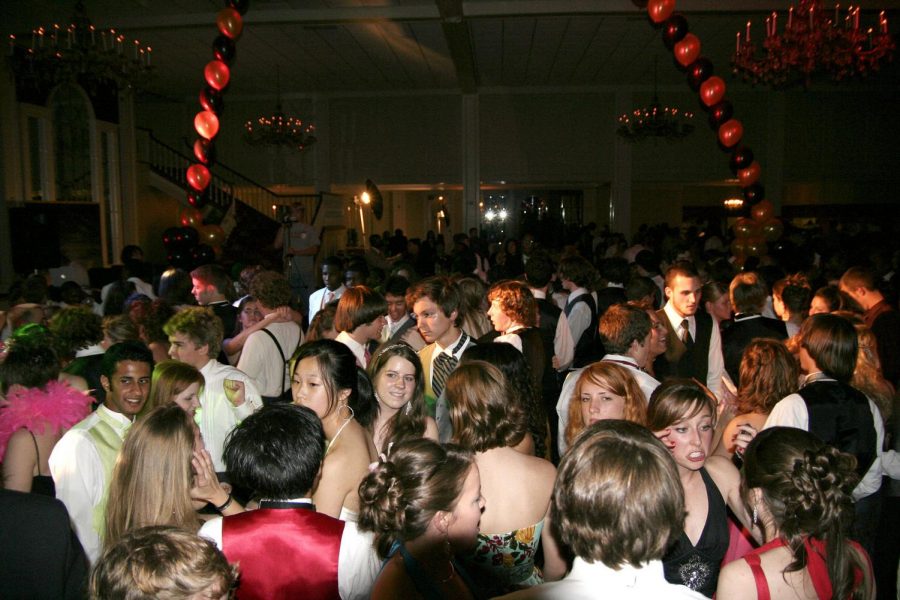Is Prom too genderized?
The vibrancy of prom overshadows the innate gender stereotypes that exist in this event.
April 6, 2018
Anyone who has watched a High School movie understands that Prom is thought of as the pinnacle of the high school experience. A night full of fun with glamorous clothes to make lasting memories with friends before going off to college. Prom is usually thought of just a night of adolescent fun, but there might be another underlying theme. A gender dynamic is not often the first theme associated with prom but it definitely exists. From promposals, clothing, or some schools even discriminating on sexuality Prom is a microcosm of gender and sexuality norms ingrained in our culture.
Promposals are usually thought of as innocent and cute, but they might be promoting a gender stereotype. The whole debacle places an unnecessary burden on both genders. One study finds that the average promposal costs 324 dollars which is usually a cost the boy incurs. Furthermore, the event is usually heavily publicized with expectations to create the most creative and elaborate proposal which is a strenuous task. The whole event is both a financial and social burden for the boy. Additionally, promposals limit girls too. Since the proposal is empirically initiated by the man it’s socially odd when a girl initiates the proposal. This limits the affair to an almost barbaric single-sided power dynamic. Overall, the event places a heavy load on both genders.
Another major aspect of the prom experience is the clothing. Boys are expected to dress up in trendy tuxedos and girls are supposed to wear dazzling dresses, and when anybody challenges these norms there is usually some backlash. Schools such as Delone Catholic High School have enforced strict dress codes for those who go to prom asking those to “dress their gender” and their clothing must be approved by the prom council at the school.
Students must send a picture of their prom dress before they are even allowed into the event. The school justified the restrictions by saying it was to avoid clothing that diverges from the dress code, but the expectation of the teens to “dress their gender” had many up in arms. The traditional dress-codes are just another way that prom has enforced a gender norm.
In totality, prom is still net beneficial to high schoolers. The event is the culmination of 4 years of high school. However, the traditional nature of the event might enforce gender stereotypes and place unfair restrictions on students.





